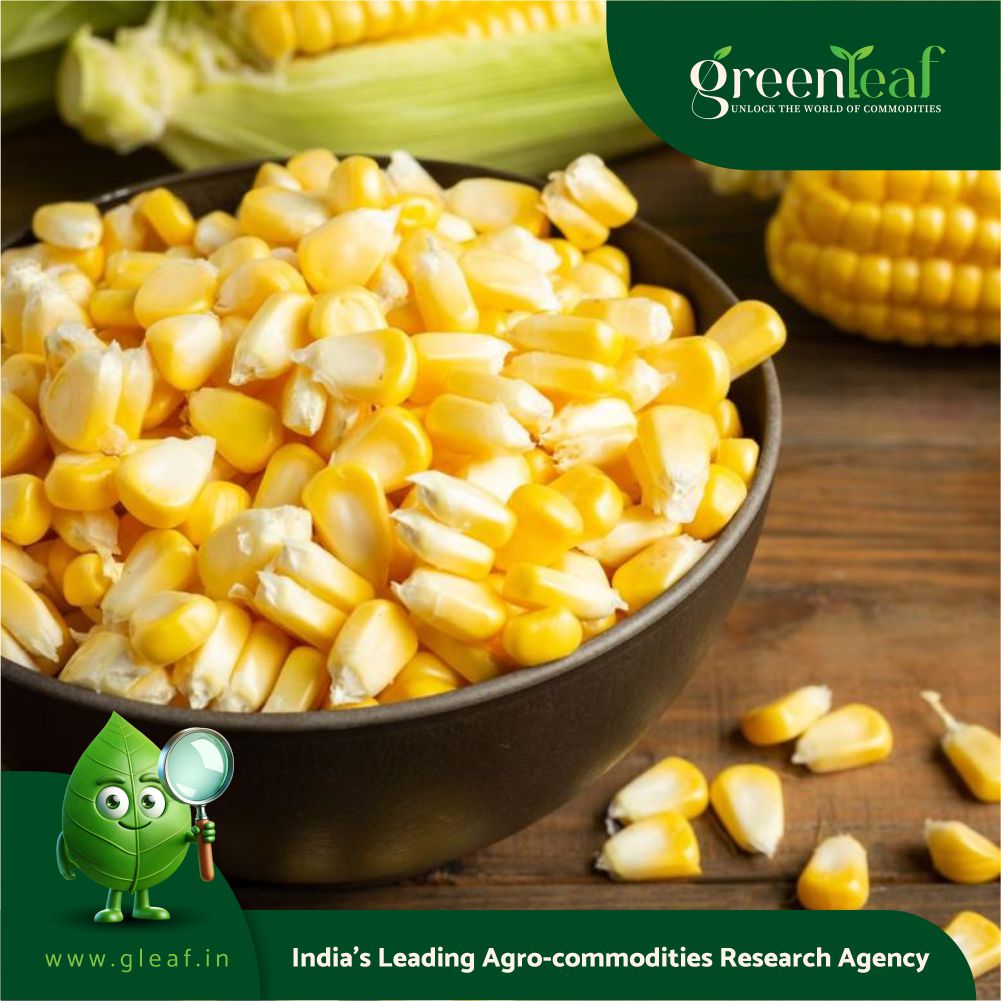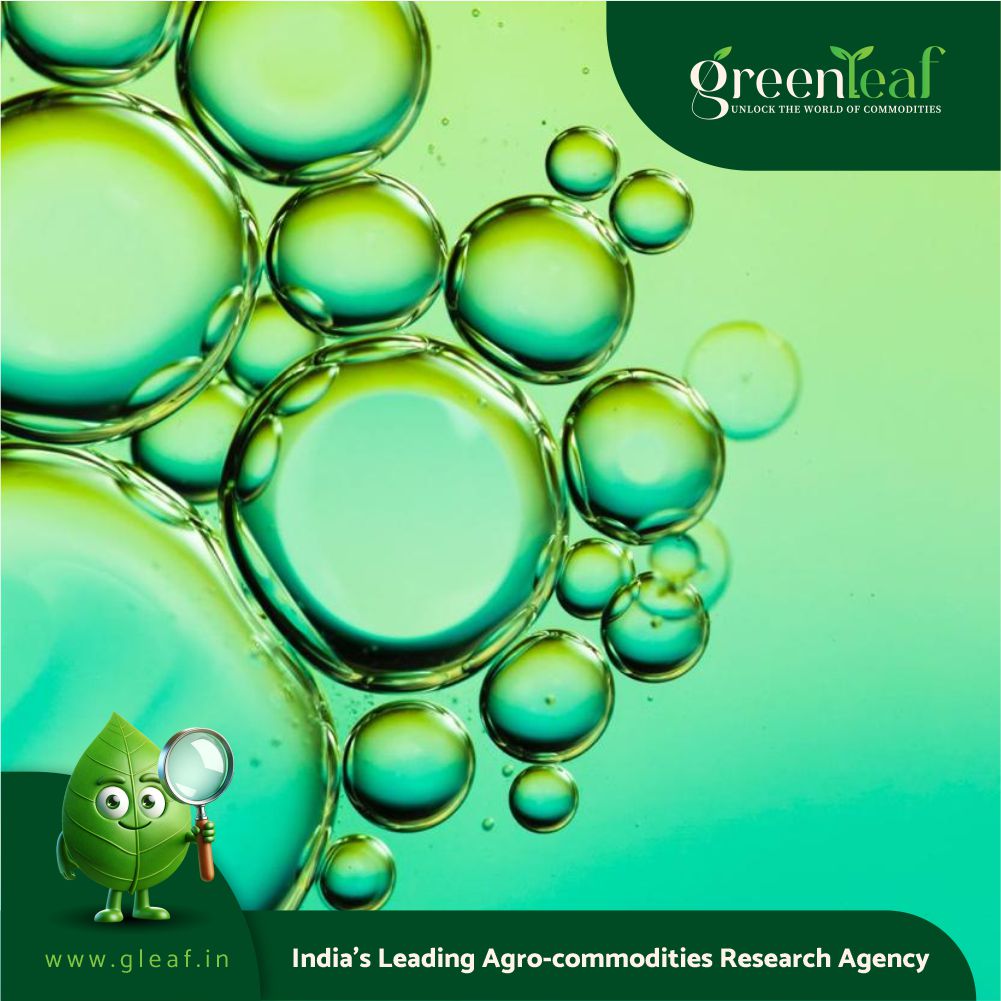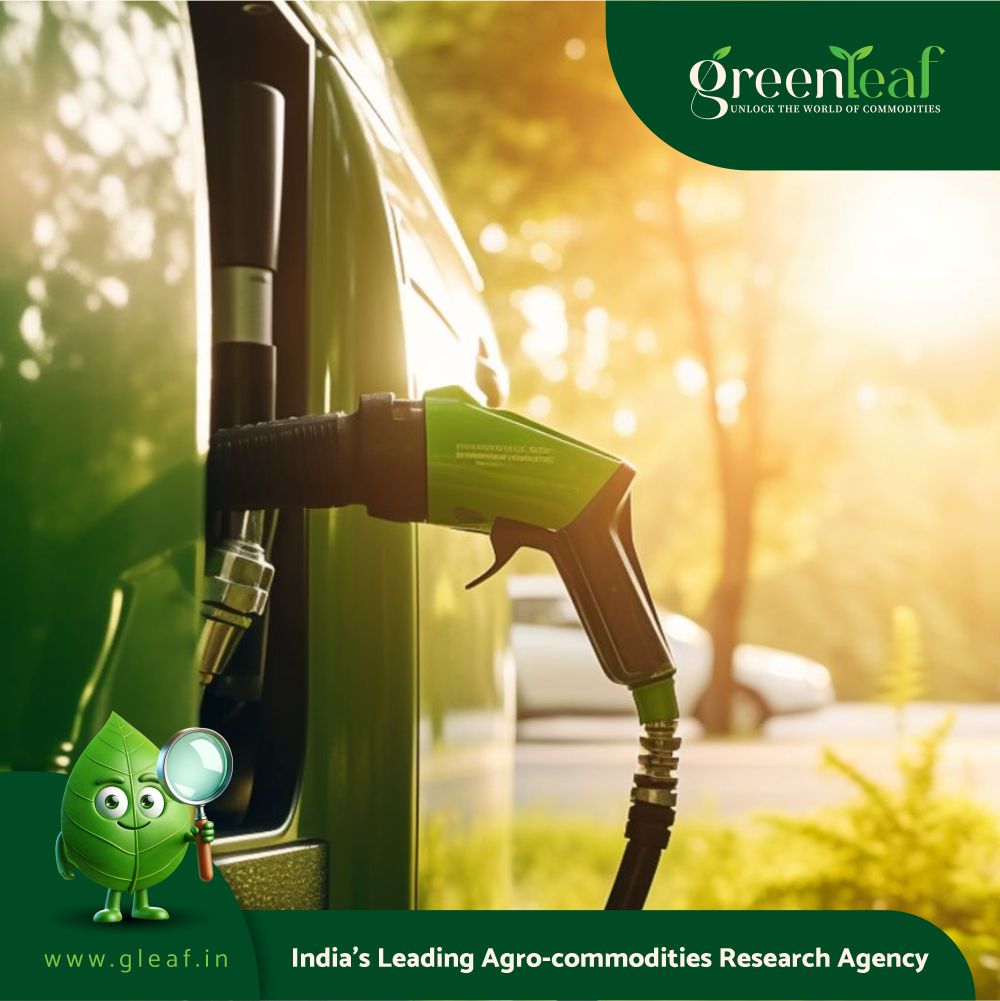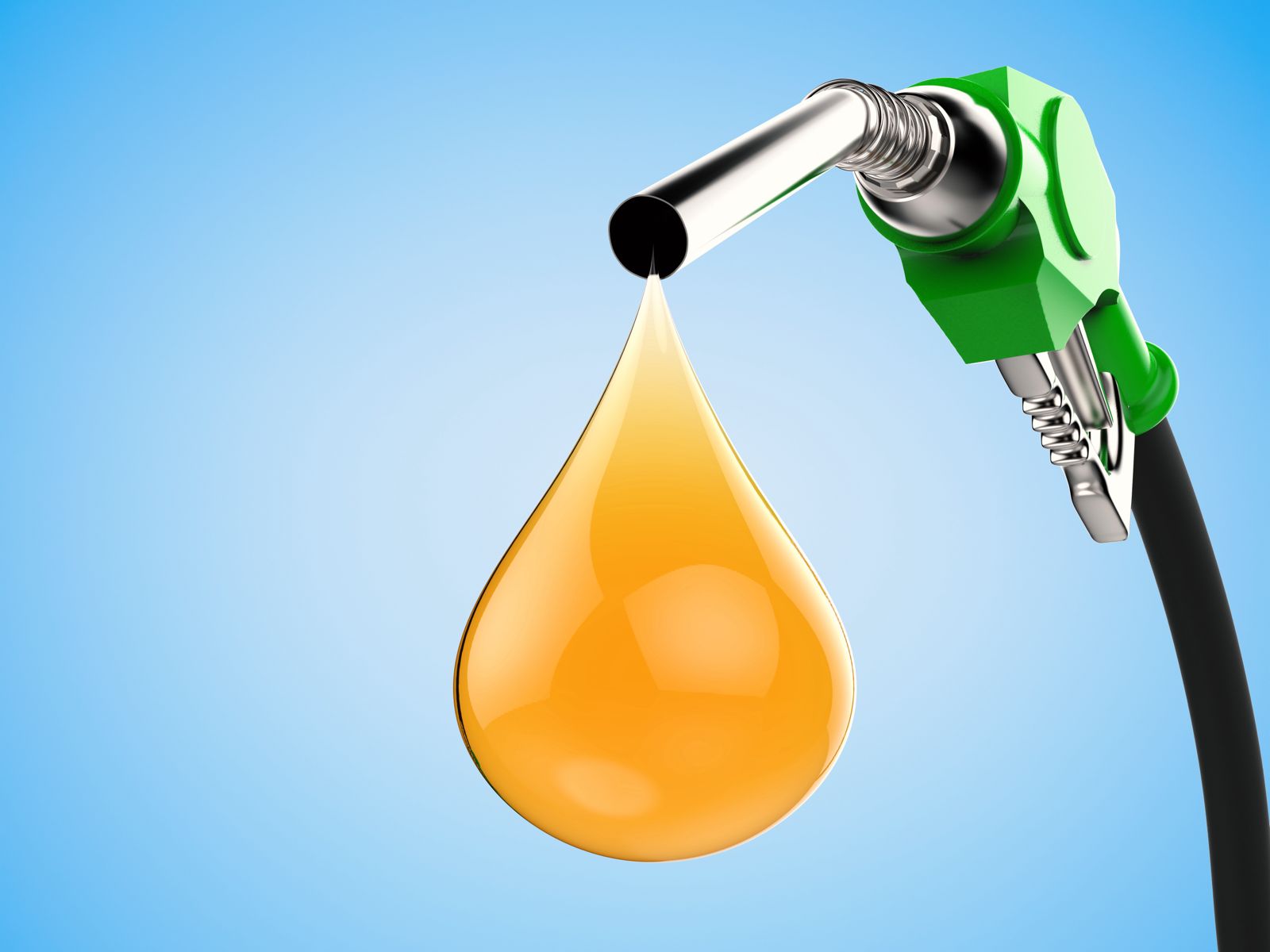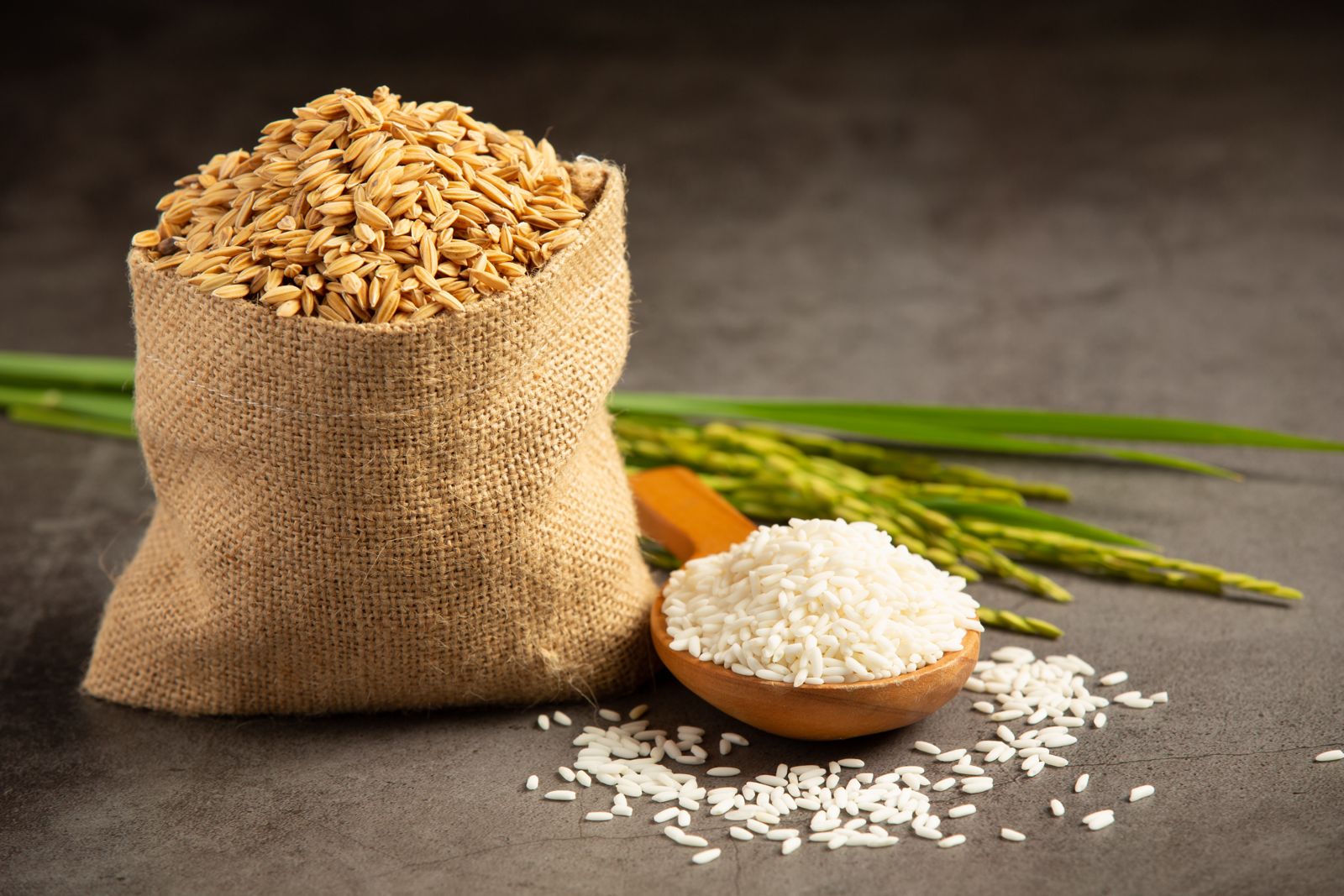In line with the vision of revolutionizing the energy and food security, and decarbonization domain, the fifth international climate summit on Corn Revolution Leading to Ethanol, SAF, Chemicals and Hydrogen is all set to take place in New Delhi on August 29. A brainchild of Dr.J P Gupta, a distinguished scientist and international expert on sustainability – particularly in green hydrogen and bioethanol, the international summit is expected to be a game changer – promoting sweet corn for human consumption and GM, non-edible corn (yellow dent corn) for industrial use and ethanol production.
GM Corn is a substitute to Crude Oil. The initiative will contribute significantly to energy and food security, and decarbonization. Dr Gupta recently met Union ministers, including Shivraj Singh Chouhan, Manohar Lal Khattar, Bhupender Yadav and Hardeep Singh Puri, and invited them for the summit. According to Gupta, Union Minister Nitin Gadkari has also supported the initiative aimed at providing a sustainable solution to the future energy security. Dr Gupta, who is also the Chair of the Environment and Climate Change Committee of the PHD Chamber of Commerce and Industry has expressed that it is essential to note there are different grades of corn for different purposes, and they are not to be mixed.
He said India can emerge as an export hub for ethanol and biochemicals polymers through liberalized policies that allow for both GM dent corn production and duty-free imports until domestic production can meet feedstock needs. Empowering Indian farmers with financial incentives and technological support is vital to foster a thriving environment for the revolution, he added. He also mentioned that Ethanol is a proven alternative to LPG, and it is a clean burning cooking fuel that reduces emissions of carbon monoxide, particulate matter, and other pollutants. The fuel is safer and easier to use, store and transport than biomass fuels, while it does not produce smoke, sparks, or ash, making it environmentally friendly. Bio-ethanol is classified as a clean cooking fuel under the 2014 WHO guidelines, Gupta has said.

